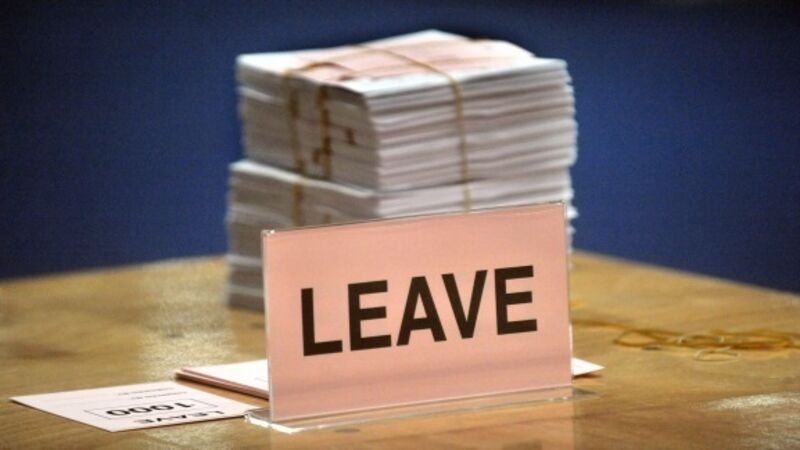The North has most to lose from any hard border

Her own trade promotion organisation InvestNI has many of the answers.
With reference to the frequently-asked questions on the impact of Brexit, InvestNI has said that 75% of the North’s manufacturing exports goes to three countries.











